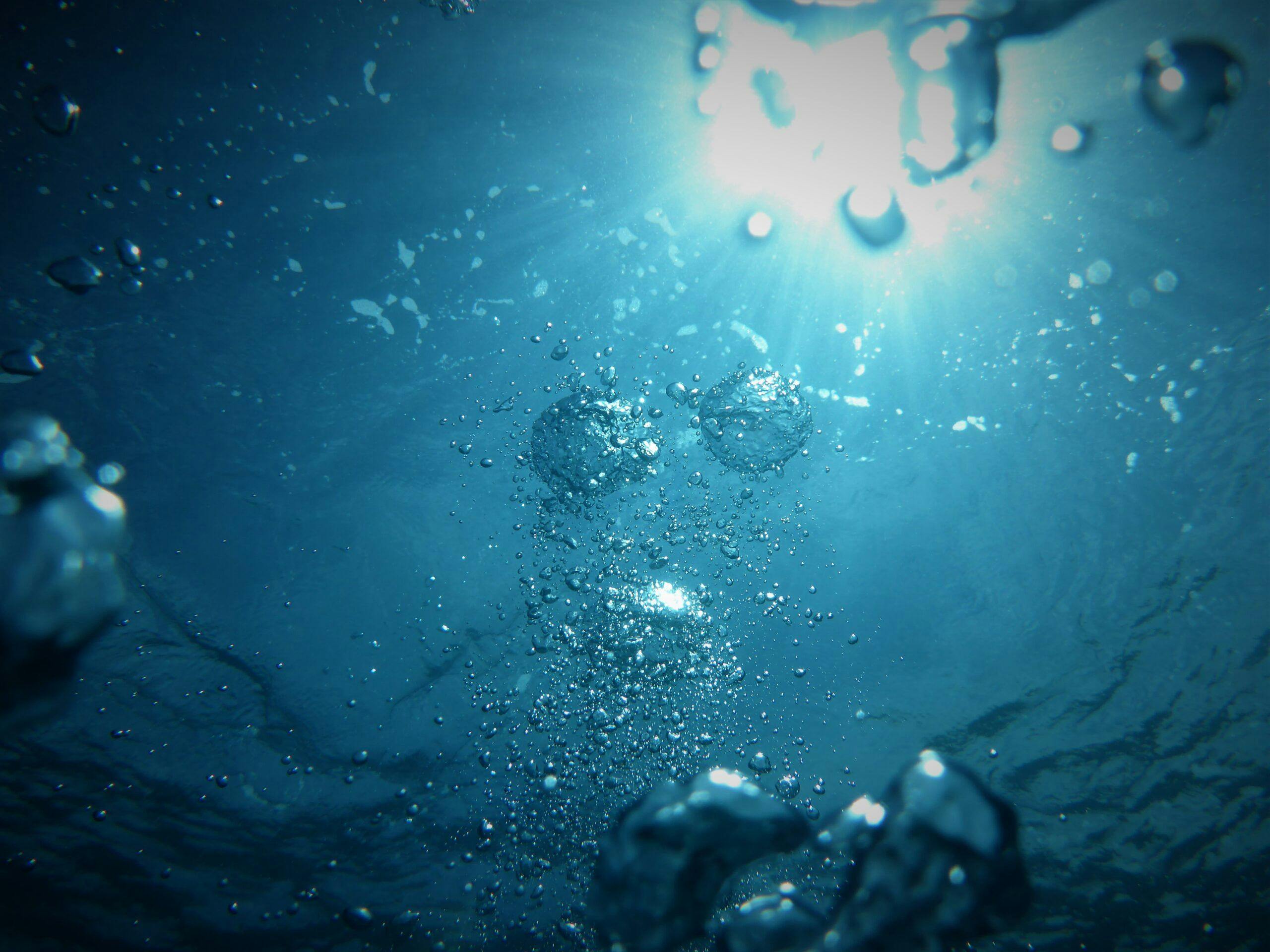There are many different types of water systems in the world, and it is hard to imagine how they got their start. Many of these systems were created to help provide clean water for drinking or bathing while other systems were created to have fresh water for other purposes. While some countries have a long history of developing water systems, other countries such as India have relatively recent water histories. The historical development of water systems can tell us about how people struggled to find ways to better the water they used.
One of the most common types of water systems is the faucet mounted unit. These water sources can be found in homes as well as public buildings such as parks and schools. These units have faucets that can be turned on and off to allow the water to continuously flow. Water is distributed by pressure through pipes.
Discover the benefits of alkalizing water and its positive impact on your health when you explore Genzon Water’s informative page on alkalinity.
Another type of water system is the container water source. These units are much larger than faucet mounted units and they use gravity to transfer water through various sized holes. Containers that use gravity are often attached to buildings because of their reliability and ease of use. According to https://www.fixitrightplumbing.com.au/plumber-melbourne/, this type of water system was commonly used in major water projects in other countries, but in the US they have only been used for residential use for the last several decades.
Another type of water system is the closed loop system. These water systems work in a slightly more efficient way than the faucet mounted versions. In the closed loop system water is stored in a reservoir and it is later used when the water pressures require it. This type of water system was commonly used in other countries before the US came along.
Distillation is one type of water system developed to provide water for medical use. It uses heat to boil water and then removes the steam through a special filtering unit. The water from the distillation still contains some amount of impurities, which are eliminated using the final liquid being condensed through a second filtering unit.
Water is always needed in huge amounts and so one way of storing large amounts of water is through a tank. There are many different types of tank water systems, the simplest are the ones that use gravity to store water. These tank water systems were initially developed for the storage of large quantities of water in large vessels. When there is a need to use up the water stored in these vessels, it is pumped out through pipes. Since this method does not require electricity or any fuel, it is also preferred over other types of storage.
One type of storage tank used in many different countries is the use of the surface water. It comes in different sizes and is designed for general public use. These water systems are made out of plastic and they are normally placed under bridges or large pools. It has been found to be cheaper than the other storage tanks, but in the long run it proves to be more economical.
Water is used up mainly through the use of rainwater. This method was initially developed for the purpose of reuse of water, but in the later years it has proven to be a better choice. Rainwater is captured by a special device, which then transforms it into drinking water. Many companies offer these services across different countries and therefore have a lot of demand for them. People in remote areas are very much interested in using such methods of water conservation as this helps them to save precious resources to a greater extent.



Comments are closed.